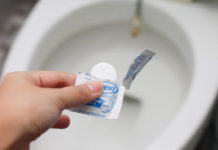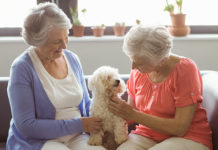Just as with human beings, a dog’s requirements will be different when they are older compared to when they were young. Dogs’ bodies slow down just as ours do: they won’t have the same energy, will need more sleep and probably a different diet. The age at which a dog is regarded as a senior is different for different breeds and even individual dogs, but generally, dogs are thought of as senior when they reach ages of between seven and ten years. Below you’ll find a list of tips that will help your dog to have a comfortable, happy and satisfying old age.
15. Keep an eye on their eyes
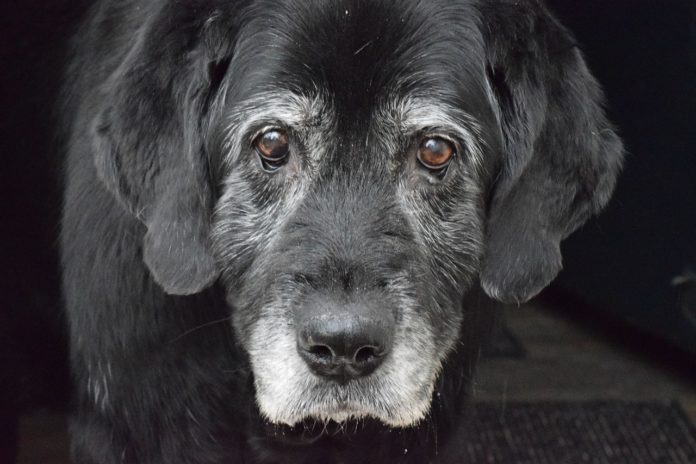
Cataracts are a common problem with older dogs, even when they’ve never had any eye problems before. Watch your dog as they move around; the first sign of problems will often be that they find it harder to find their way around in the darkness. As problems increase, their daytime vision will start to fail and they may bump into furniture, trees, etc. Speak to your veterinarian at the first sign of any eye problems.
14. Look out for aging signs
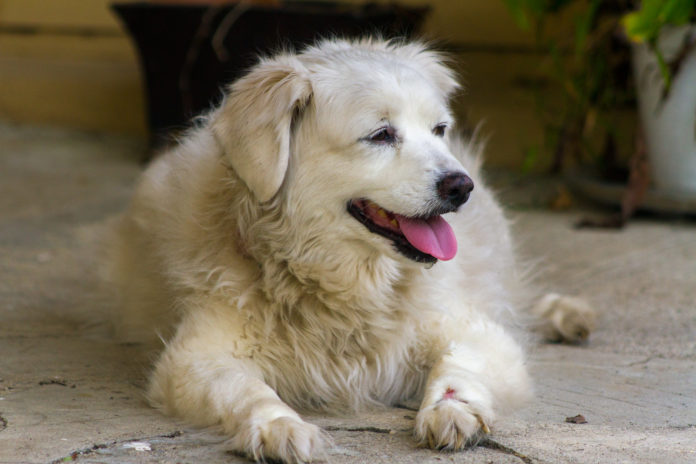
As with humans, little signs of age start to appear as a dog gets older, becoming more obvious over time. Keep an eye on the way your dog moves around in their daily activity; stiff joints are a frequent indicator of aging. Many dogs turn gray around their muzzle at about five or six years of age, which is roundabout middle-aged for a dog. Of course, just as with people, some will turn gray earlier and some never will.
13. The importance of diet
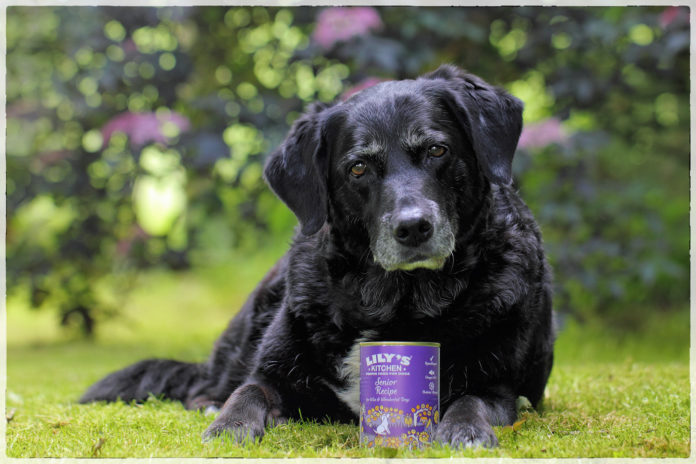
It’s vital for your pet to have a top-quality diet throughout their life. This is particularly true with senior dogs, who need the right forms of nutrition in order to stay alert and active. Your veterinarian will have the best advice about the optimal diet for your dog in terms of brand, ingredients, and special formulas a dog might need to stay healthy in their senior years.
12. Be understanding
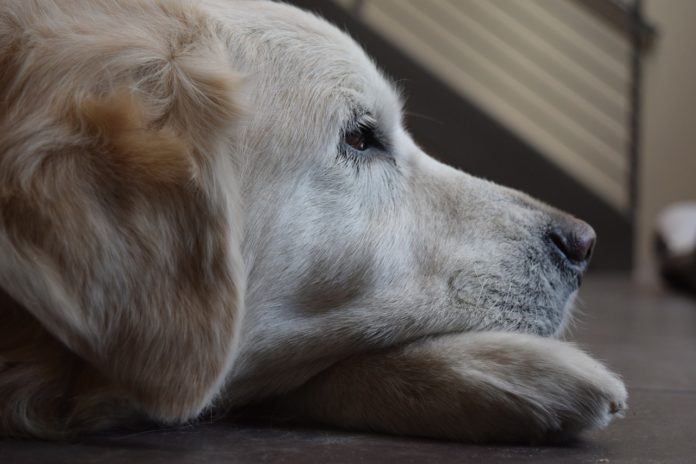
As your dog gets older, they may start to urinate or defecate in the house, even though they were well housetrained before. Your dog is not trying to disobey you, in fact, the likelihood is that they are more upset about it than you are. Dogs take great pride in obeying their owners, and they are not deliberately being disobedient, they just can’t help it. Incontinence is common in underdogs; speak to your veterinarian about it and you can plan ways to mitigate the situation. Just remember, you wouldn’t be impatient with an older person suffering this way, so don’t be impatient with your dog.
11. Get regular checkups
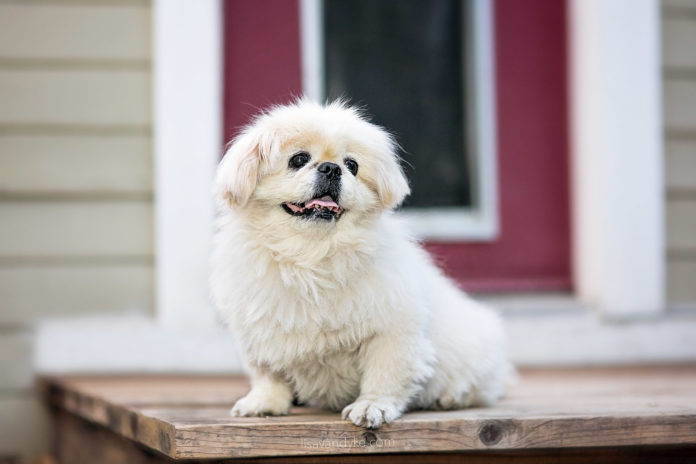
Medical doctors recommend that older people have checkups more regularly than young ones, and this is the same for dogs. Take your dog to the vet at least once a year; they’ll know how to look out for any illness, disease, or pain that older dogs can experience that you might miss. Having regular sessions with your vet will also mean that they can deal more efficiently and quickly with any problems that might arise.
10. Changes in body temperature
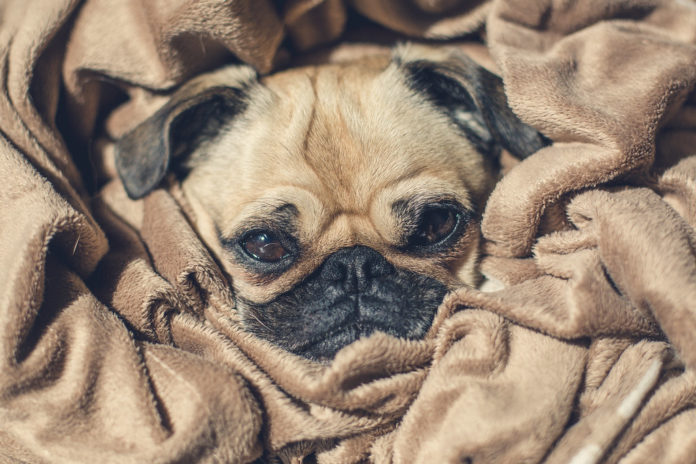
Poor circulation can arise frequently with older dogs, and so they may be more susceptible to the cold than they used to be. Check that your dog isn’t shivering or seeking out the warmest parts of your house to sleep. When you pet your dog, try to be aware of any changes in their temperature. Give them a blanket to sleep on and if necessary under, and remember that they will need more sleep as they age. Remember also, though, that heat and/or humidity have a greater effect on older dogs than younger ones, so in the hot weather make sure they don’t overheat and that they have plenty of water.
9. Exercise for health
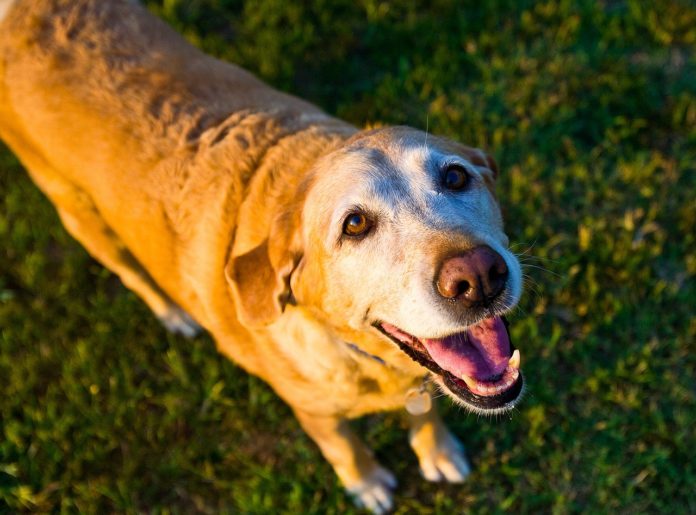
Just because your dog can’t run around like they used to shouldn’t keep them away from exercise. Exercise is essential for physical and mental health – take your dog on plenty of short walks, they’ll let you know if you’re going too far. Keeping a dog well exercised is key to keeping their weight down, and that, in turn, is crucial for keeping them in good health.
8. Check their teeth
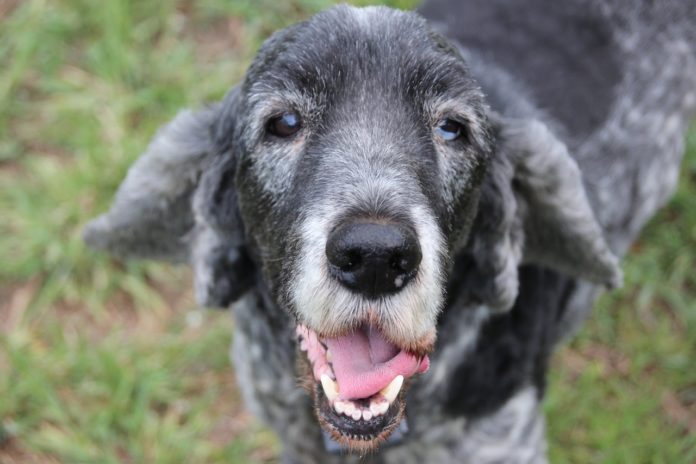
Older dogs are very susceptible to oral disease, and if it is not dealt with, it can cause serious health problems such as mouth rot, and it can even contribute to heart failure. Find the toothpaste specially formulated for dogs and give their teeth a gentle brush with a dog-specific toothbrush several times a week. This will help them to maintain good oral health and will also stop the unpleasant foul breath so many older dogs have.
7. Joint discomfort
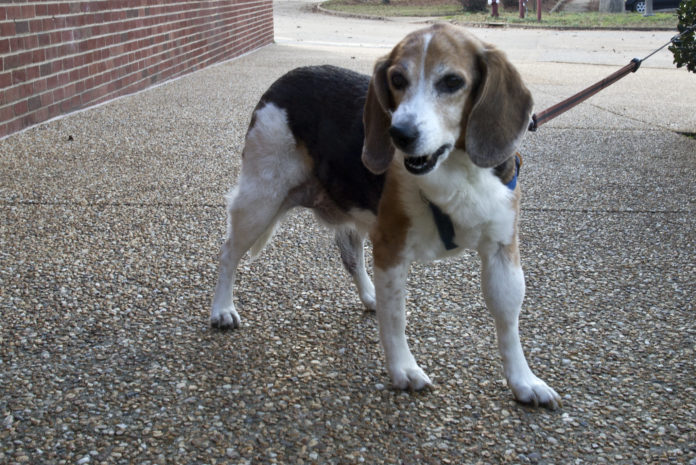
Sadly, most dogs over the age of 10, particularly if they are from a large breed, will suffer some pain in the joints. This is part of the natural process in all animals, where joint cartilage starts to degenerate and can’t be replaced as it is when they are younger. Fortunately, there are joint supplements available that are proven to ease the discomfort of arthritis and stiffness in the joints. Look for some with glucosamine, which is proven safe for dogs. Ramps to help your dog in and out of vehicles or up and down steps in addition to stretching exercises for your dog can be useful as well.
6. Keep them groomed
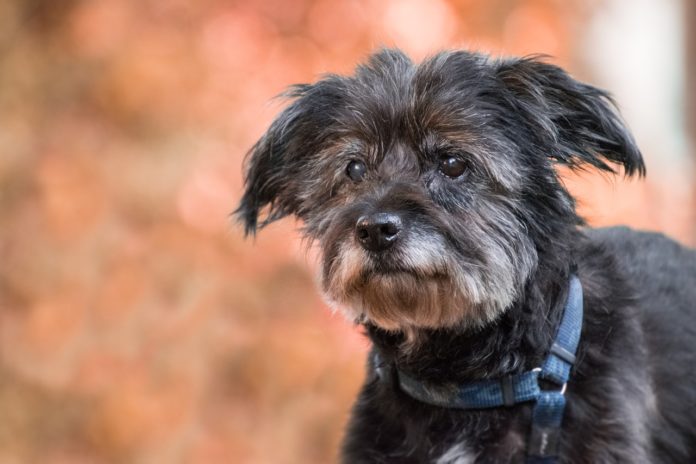
It’s vital that all dogs should have a regular grooming regimen; keeping them well-brushed will prevent their fur or skin drying out and will get rid of dust and dirt in places they might no longer be able to reach. Brushing a dog will also give you an early warning of any lumps or tumors that should be shown to your vet straight away. As dogs walk less, their nails won’t wear down so quickly, and so they may need more frequent manicuring.
5. Hard of hearing
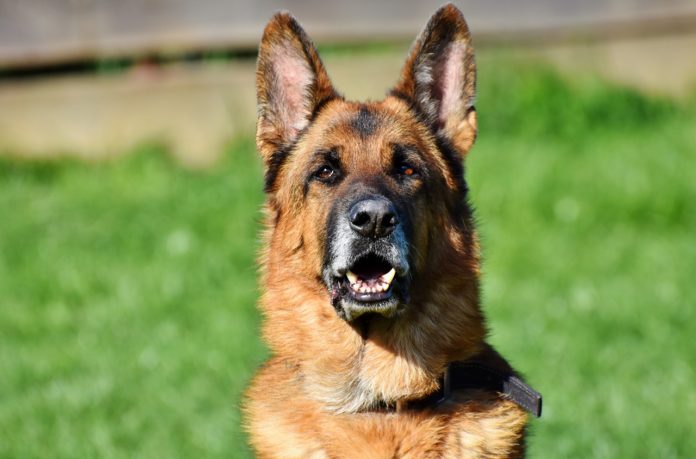
As your dog gets older, is very likely that their hearing will start to deteriorate. When they get around 10 or 11 years of age, their bilateral hearing experiences a rapid fall off; this can happen at younger ages for the larger breeds of dogs. Sadly, there’s little you can do about it, but making sure that their ears are nice and clean, and training them to obey visual hand commands will make life easier.
4. Forgetfulness
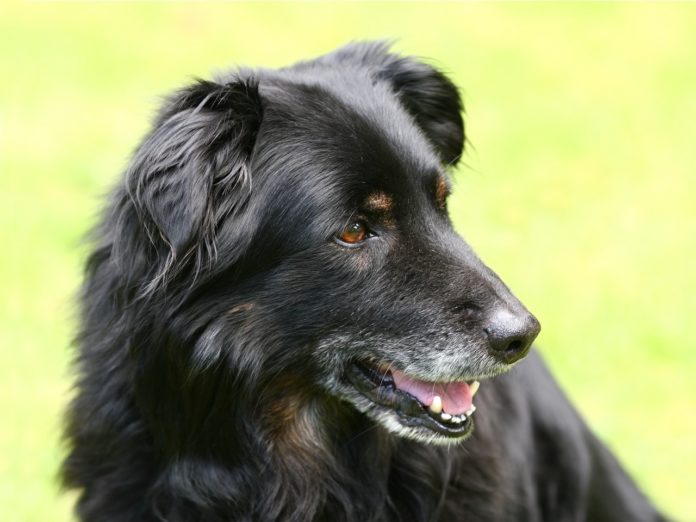
You know how older citizens are encouraged to take up hobbies or do crosswords to keep their minds active? Dogs need just the same sort of stimulus – well, maybe not doing crosswords, but older dogs will benefit from regular exercise, petting, playing with toys, learning new tricks (yes, we know, but they can!). Nevertheless, be aware that dogs will suffer from old age in terms of their cognition and watch out for that. Awareness of direction is one of the first senses a dog may lose, so keep a close eye on them when you’re out walking to make sure they stay with you.
3. Socialization
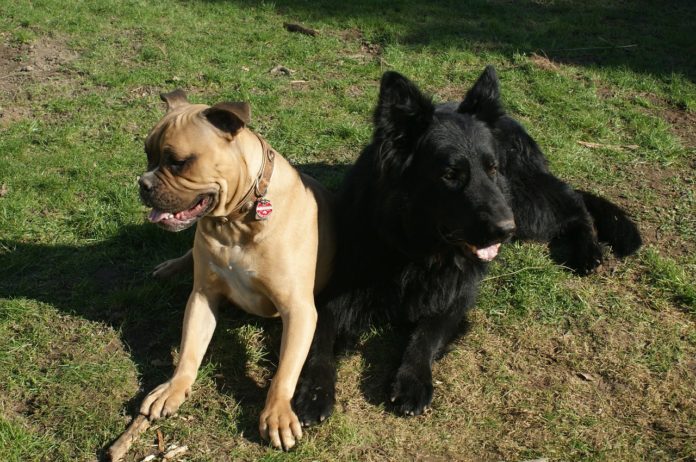
Your dog might not be able to get around as easily as they once did, but they still want to see other dogs. Many older dogs deteriorate because their owners think that they don’t want to play with other dogs, but this isn’t so. They may not play as vigorously as they used to with the youngsters, but they still love the company. When dogs don’t mix with their own kind, they can become depressed and lethargic and this will make any existing problems with their health worse.
2. Watch their weight
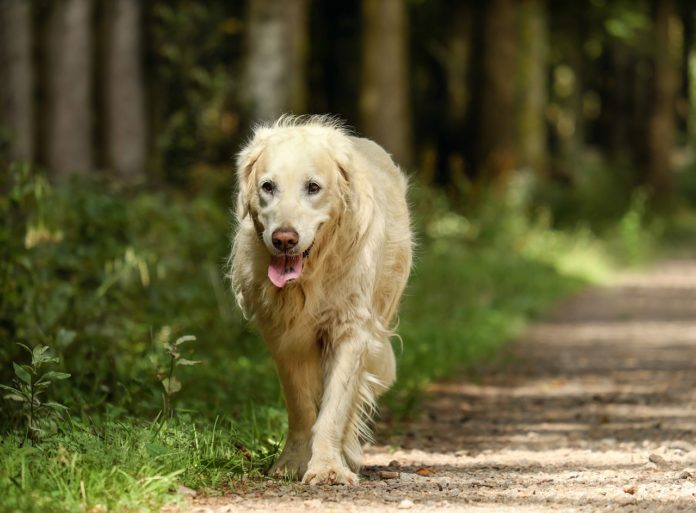
Just like older humans, older dogs will have a tendency to put on weight, and this adds to stress on joints and other parts of the body. Have your veterinarian weigh your dog regularly when you visit, and if they are overweight, discuss changing the nutrition and getting more exercise.
1. Make them comfortable
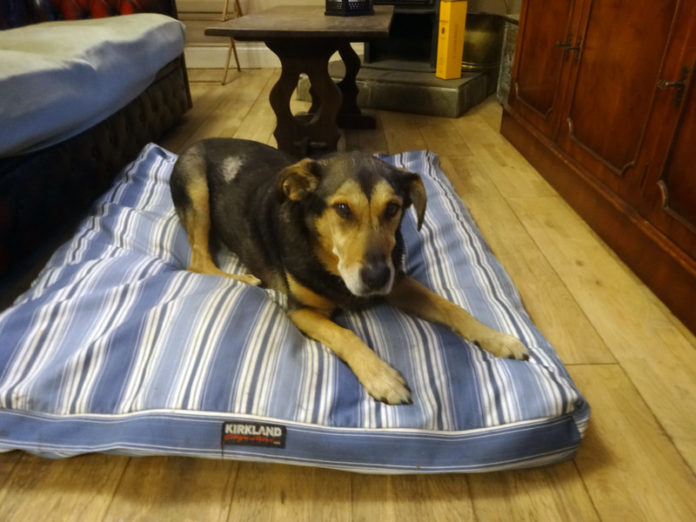
As a dog gets older, they will have less dense bones and muscle mass; they may be skinnier too. This means that hard surfaces like wooden floors or tiling that they were happy to sleep on before are now uncomfortable. Make sure that in all the rooms where your dog is accustomed to sit with you – kitchen, lounge, bedroom, etc. – there is bedding or basket that they can comfortably rest on.









